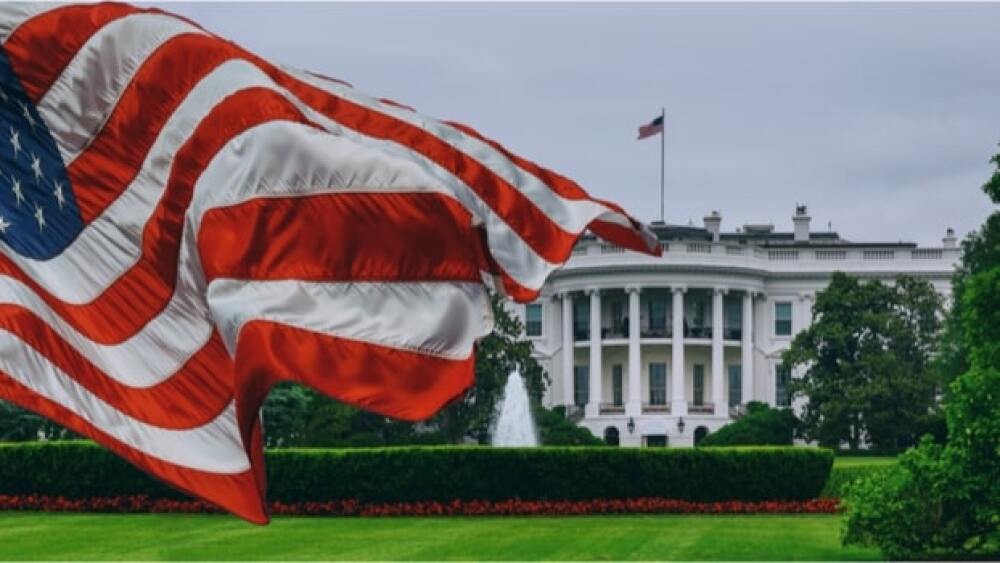Drug pricing tends to be a somewhat bipartisan issue, although how the Democrats and GOP approach the topic tends to be different.
ungvar/Shutterstock
Drug manufacturers typically raise the list prices of their medications in January and July. The GoodRx Research Team, which tracks drug prices, believes this year will be the same despite the COVID-19 pandemic.
In January 2021, GoodRx noted that of 822 branded drugs, there was an average price increase of 4.6%, and for ten generic drugs, there was an increase by an average of 4.2%.
Note that they track 4,594 drugs, 3,102 branded, and 1,492 generics. The drug with the highest percentage increase was Vifor’s Venofer, an intravenous iron therapy for the treatment of iron deficiency anemia (IDA) in adults and pediatric patients with chronic kidney disease.
Priciest Drugs
It has been noted for several years that the new biologics and gene and cell therapies coming on the market are extremely expensive. In some, but not all cases, they are cures for deadly diseases that were previously untreatable.
In a recent list of 10 most expensive drugs on the market, the top three were Novartis’ Zolgensma, one-time gene therapy for spinal muscular atrophy, with a yearly price tag of $2.125 million; Eiger Biopharmaceuticals’ Zokivny, the first drug ever approved for Hutchinson-Gilford Progeria Syndrome (HGPS or Progeria) and processing-deficient Progeroid Laminopathies (PL), both separate and distinct ultra-rare genetic, premature aging disease. The price tag is $1,032,480. And third, YmAbs Therapeutics’ Danyelza for pediatric patients with relapsed or refractory high-risk neuroblastoma in the bone or bone marrow. Its annual cost is $977,664.
Politics
Drug pricing tends to be a somewhat bipartisan issue, although how the Democrats and GOP approach the topic tends to be different. One example is an existing ban on the federal government directly forcing lower drug prices under Medicare. The Democrats have considered eliminating the ban, while this is a non-starter for the GOP.
The far left and many Democrats want President Biden to force the issue with a prescription drug pricing policy in his upcoming anti-poverty package. The president will be presenting the approximately $1.8 trillion proposal in a speech to Congress this week, but lowering prescription drug prices is not expected to be part of the package.
The package, which is likely to be met with GOP opposition, is expected to include childcare funding, universal prekindergarten and tuition-free communication college, and other areas. But during briefings with top Democrats on Capitol Hill and top White House officials, the administration’s plan would likely not include a prescription-drug-pricing measure.
“I am not going to confirm whether or not that is in,” said Brian Deese, National Economic Council Director, in a press briefing on Monday. The rising costs of prescription drugs is “something that [President Biden] continues to focus on and prioritize, but I’m going to let him speak to those issues in the speech.”
House Speaker Nancy Pelosi (D., Calif.) has been pushing the White House on negotiating Medicare drug prices, saying it was a “top priority for House Democrats.” Last week Democrats reintroduced legislation that allows Medicare to negotiate prices and make the costs available to commercial healthcare plans. But the Democrats themselves are complicating the issue by not being able to agree on using any savings generated by drug-price negotiation.
Pelosi and other Democratic leaders say they would put the money toward decreasing costs for people receiving healthcare through the ACA, better known as Obamacare. Other Democrats want to use it to expand Medicare eligibility. Either way, pharmaceutical companies do not want to battle Medicare directly on negotiating prescription drug prices.
Democrats, both in the House and Senate, have lobbied the Biden Administration to allow drug-price negotiation, decrease the Medicare eligibility age to below 65, and expand benefits to include dental and vision care.
On Sunday, 17 senators led by Senate Budget Chairman Bernie Sanders (I., Vt.) sent a letter to President Biden pushing for Medicare expansion to be part of the American Families Plan. The American Families Plan is the official name for the antipoverty plan to be presented to Congress on Wednesday.
According to The New York Times, the Biden Administration wants to create a separate initiative for health care that would include a $700 billion program to expand health coverage and decrease prescription drug costs.
Although it does not look to be a top priority to the White House, 124 health care advocacy organizations called on the Biden Administration to take action on prescription drug pricing last week.
“Patients today face significant prescription drug affordability challenges that have only grown worse,” the groups wrote in a letter to Xavier Becerra, Secretary of Health and Human Services. “While recent actions have been taken to make health insurance premiums more affordable, more work must be done to ensure that once beneficiaries have insurance, it will work effectively for them and their families.”





